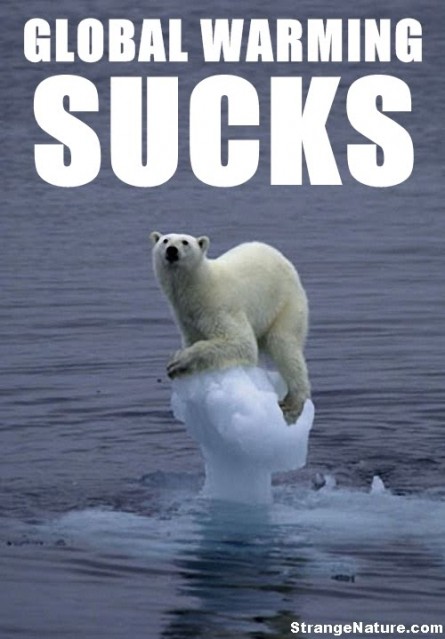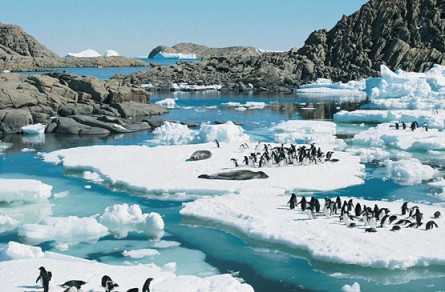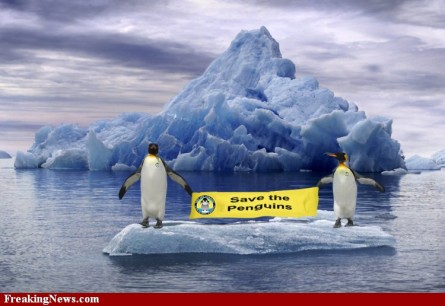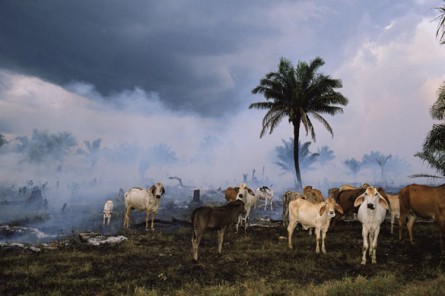



GLOBAL WARMING
GLOBAL WARMING AND ITS CONSEQUENCES
Since the late nine teen th century, scientists have observed a gradual increase in average surface temperature the planet. This increase is estimated to have been between 0.5 °F and 1.0°F.The ten warmest years of the twentieth century occurred between 1985 and2000, and1998, the year Hot which as data. This warming has reduced now-covered area in the northern hemisphere, and has caused many of the icebergs floating in the Arctic Ocean have melted. Recently it has also been observed how, due to this increase in temperature, large portions of Antarctic ice has been separated from the rest of the polar body, thereby reducing the size of the frozen continent.
Causes of global warming
Thanks to the presence in the atmosphere of CO2 and other gases responsible the greenhouse effect of solar radiation that reaches the Earth is retained in the atmosphere. As a result of this heat retention, the average temperature on the surface of the Earth reaches about 60 º F, which is conducive to the development of life on the planet. However, as a result of the burning of fossil fuels and other activities human associated with the process of industrialization, concentration of these gases in the atmosphere has increased considerably in recent years. This has caused the atmosphere to retain more heat than they should, and is the cause of today known as global warming or global climate change.
Consequences of global warming
Climate - Global warming has caused an increase in temperature mean surface of the Earth. Because of the fusion of portions of polar ice, sea level rise suffered a 4-8 inches during the past century, and it is estimated that there will continue to increase. The magnitude and frequency of rainfall has also increased due to increased evaporation from the bodies of surface water caused by the increase in temperature. Scientists estimate that the average temperature surface can reach up to 4.5 º F increase in the-2 Over the next 50 years (2001-2050), and up to 10 ° F during this century. This increase in the evaporation of water will result in an increase in the intensity and frequency of hurricanes and storms. Also will cause the Soil moisture was reduced due to the high rate of evaporation, and that sea level increase an average of almost2 feet off the coast of the Americas and the Caribbean.
We can all do something to reduce greenhouse gas emissions greenhouse warming and the consequences global. Among other things, we must:
*Reduce electricity consumption. Use fluorescent bulbs:
* Limit consumption of water
* Make greater use of solar energy
* Plant trees around the house to reduce the use of
air conditioners
* Recycle aluminum cans, plastic and glass as well as the cardboard and paper
* Purchase products without packaging or recycled packaging or recyclable
* Use recycled paper
* Walk or use public transport
* Make efficient use of car
* Create awareness in others about the importance of taking action to reduce the impact of global warming.